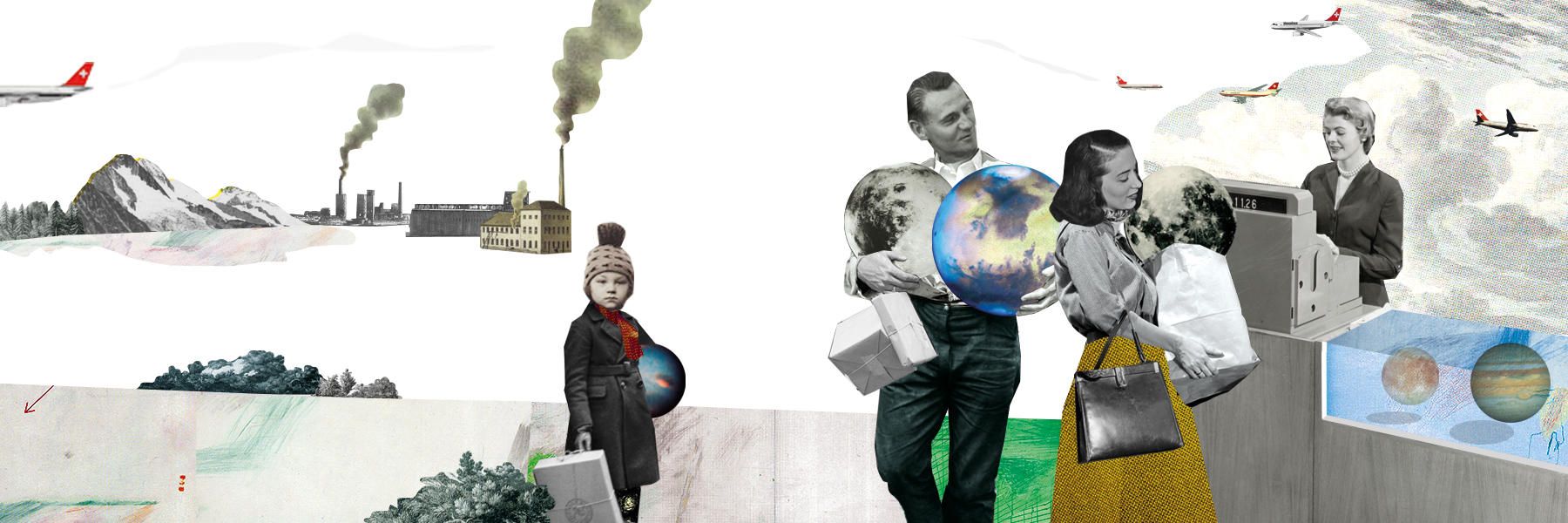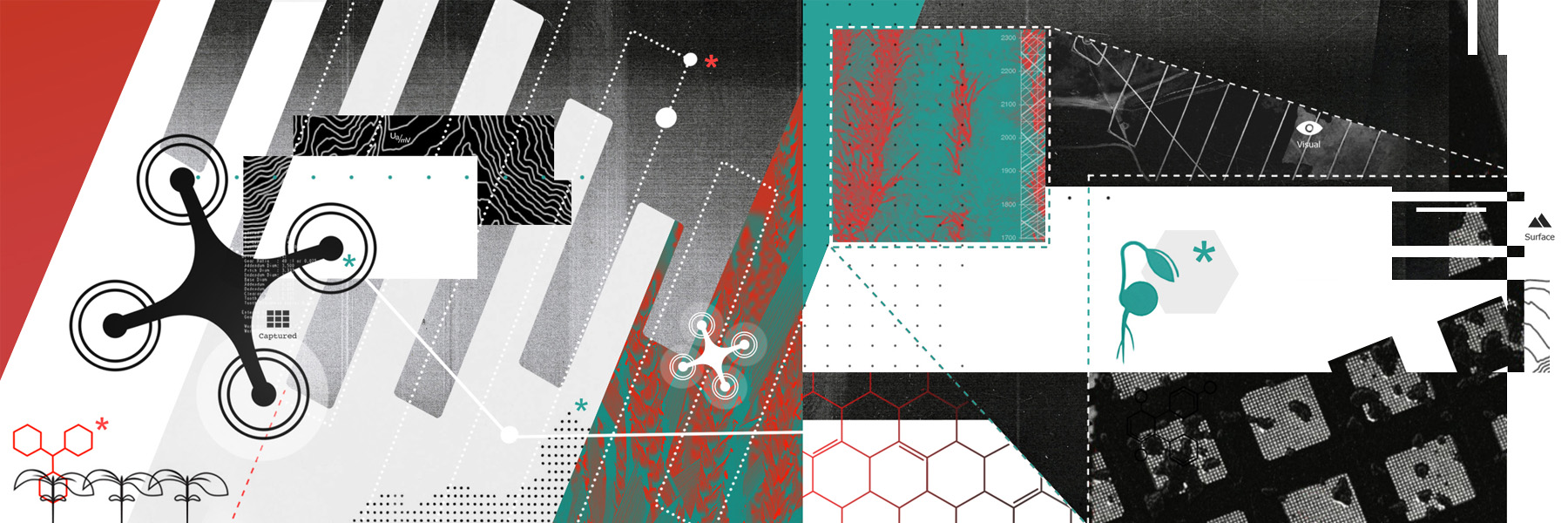
Government exempts high-emission cars from Swiss climate goals

The Swiss government is easing the pressure on the automotive industry to reduce CO2 emissions, reports Sunday newspaper Le Matin Dimanche.
In its revision of the CO2 ordinance to mitigate global warming, the government had agreed to lower the limit on CO2 emissions to 95g/km from 2020. However, this year car importers can exclude 15% of the most polluting vehicles from their calculations, and 10% of them next year. The idea is to give struggling car dealers a break during what has been a difficult economic year.
The European Union is stricter in comparison. Its car importers can exclude 5% this year, and there will be no exemptions in 2021.
According to Swiss regulations introduced in 2012, newly registered passenger cars were not supposed to exceed 130g of CO2 per kilometre through the end of 2019. But last year, CO2 emissions from new cars were over 138g/km.

More
Swiss CO2 emissions: Small country, big footprint
This the fourth consecutive year that Swiss car importers have missed the CO2 reduction target. More than half of new vehicles registered in Switzerland are 4x4s. Critics say the sanctions, amounting to about CHF250 ($277) for each car exceeding the limit, are too low to be taken seriously by dealers or consumers.
Road transport – including buses, service and delivery vehicles – accounts for about 40% of CO2 emissions in Switzerland.

More
New cars on Swiss roads failed to meet emissions targets

More
Switzerland plummets in global climate rankings

More
Making the most of smart farming

In compliance with the JTI standards
More: SWI swissinfo.ch certified by the Journalism Trust Initiative

























Join the conversation!